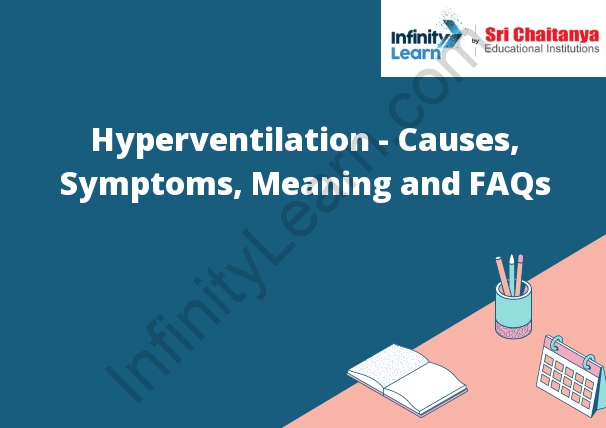Table of Contents
Define Hyperventilation; Causes of Hyperventilation
Hyperventilation is the medical term for when a person excessively breathes. This can lead to a decrease in the carbon dioxide levels in the blood, which is called hypocapnia. Hyperventilation has a variety of potential causes, including anxiety, stress, panic attacks, and respiratory conditions such as asthma. It can also be a side effect of certain medications.

Hyperventilation Meaning
Hyperventilation occurs when a person breathes in and out too quickly, taking in more air than the body needs. This excess air causes the carbon dioxide levels in the blood to drop. Carbon dioxide is a gas that is released when the body breaks down food for energy. It helps to regulate the pH of the blood. When the carbon dioxide levels drop, the pH of the blood rises. This can cause a number of symptoms, including dizziness, lightheadedness, and a feeling of being short of breath.
Psychological Hyperventilation Causes
Hyperventilation syndrome is a psychological condition that is caused by over-breathing. When a person experiences hyperventilation syndrome, they often feel lightheaded, dizzy, and have a racing heart. These symptoms are the result of the body being deprived of oxygen. The body responds to this by trying to increase the amount of oxygen in the blood, which can lead to the symptoms mentioned earlier.
There are a number of things that can cause hyperventilation syndrome. Some of the most common causes include stress, anxiety, and panic attacks. Other causes can include exercise, fever, and even pregnancy.
There is no one-size-fits-all treatment for hyperventilation syndrome. However, some of the most common treatments include stress-relieving techniques, such as deep breathing and meditation, along with cognitive-behavioral therapy. In some cases, medications may also be prescribed to help control the symptoms.
Pulmonary and Cardiac Hyperventilation Causes
Pulmonary hyperventilation is a respiratory disorder in which a person breathes too deeply and too rapidly. This can cause a decrease in the levels of carbon dioxide in the blood. This can lead to a number of symptoms, including dizziness, lightheadedness, and fainting. In severe cases, pulmonary hyperventilation can lead to respiratory alkalosis, a condition in which the blood becomes too alkaline.
Cardiac hyperventilation is a condition in which the heart rate increases significantly in response to hyperventilation. This can lead to a number of symptoms, including chest pain, shortness of breath, and dizziness. In severe cases, cardiac hyperventilation can lead to a heart attack.
Other Hyperventilation Causes
There are several other potential causes of hyperventilation. These include:
– Anxiety or stress
– Fear
– Shock
– Physical activity or exercise
– High altitude
– Severe pain
– Pregnancy
– Menopause
Symptoms of Hyperventilation
Symptoms of hyperventilation include shortness of breath, a feeling of tightness in the chest, lightheadedness, and tingling sensations in the hands and feet. Hyperventilation can also cause a person to feel anxious or panicky.








